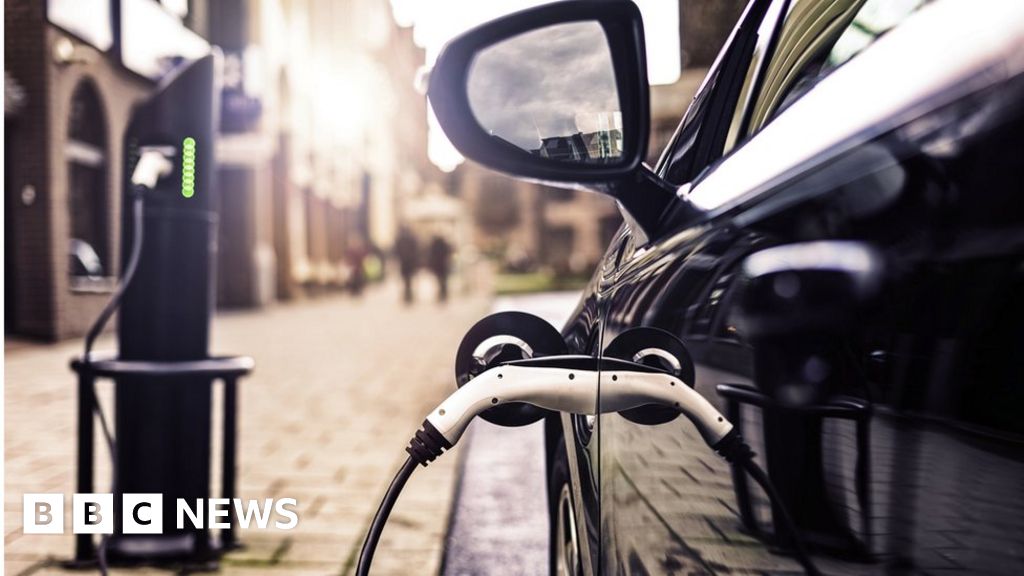The transport industry has been on this for a very long time. I have previously mentioned several times in the past that Time and Use based solutions were the direction that the industry was looking. The technology has been around for ages in different forms, but is certainly relatively easy and quick to implement some of the solutions. I was a bit of an industry insider for a few years, albeit not involved on this aspect, but involved in knowledge exchange of which this was one topic I was involved in. Probably 5-6 years ago, the technology being talked about then was some form of, for a better word, passive 'tax disc' in the vehicle windscreen that could be remotely read - satellite was mentioned, but I cannot recall what, if any detail was mentioned. I suspect a variation of the european toll passes suited to more wider rollout. Since then, technology has marched on, and things like bluetooth technology can now be, and is, used to monitor movement.
Time and Use does not require blanket coverage. A significant benefit is to attach pricing to congestion, so only areas/routes that are of interest need to be monitored. If someone wants to hide and travel a long journey by back roads to avoid sensors, then good luck to them. It would also benefit the rural communities where there is more reliance on the motor vehicle and put more focus on areas with more existing infrastructure (easy to host) that would benefit from fewer vehicle use.
The biggest obstacle until now has been political will and a true need for change, but I think that will change. Technical ability has long been solved and cheaper/easier solutions continue to evolve. Timing will be everything. In a previous post on the subject I think I put a link to a current state of play document that would only be a year old and quite likely to be a source of information for the Government and media.




